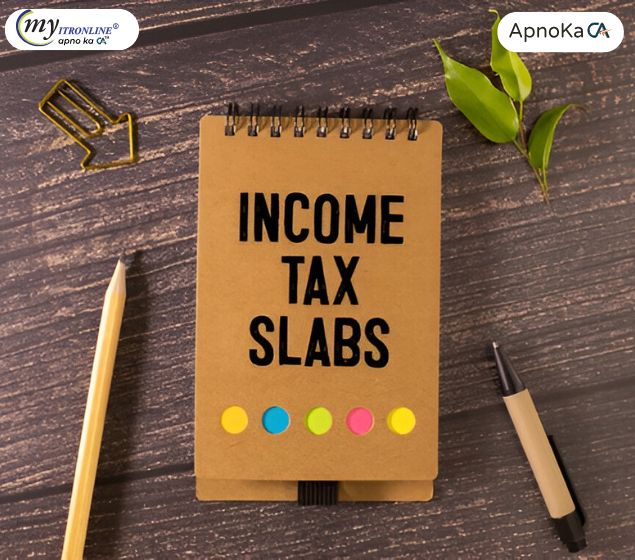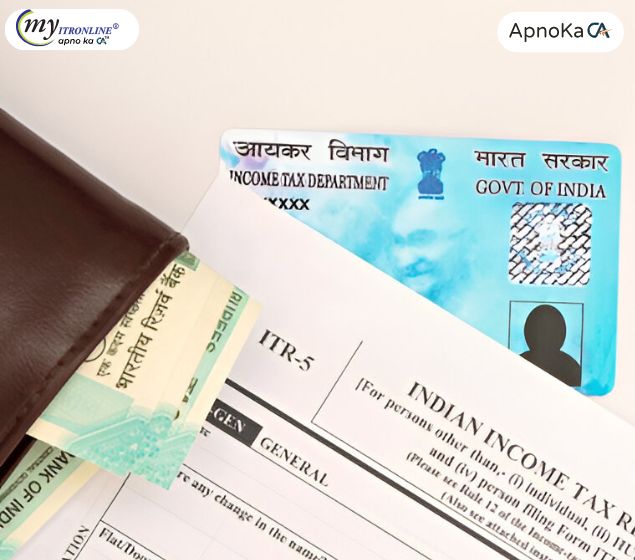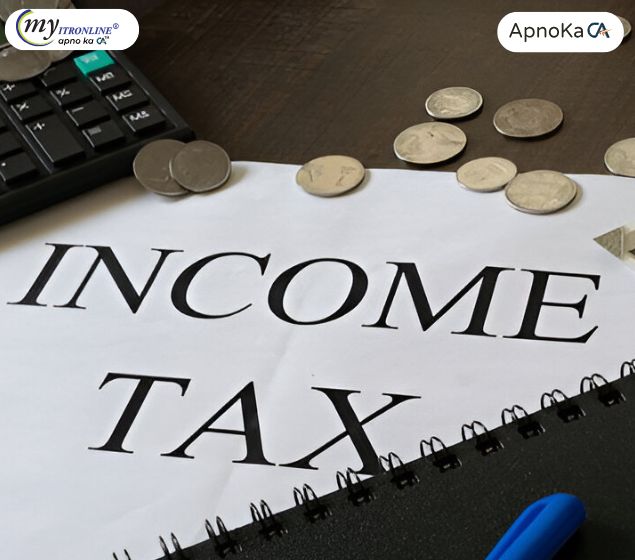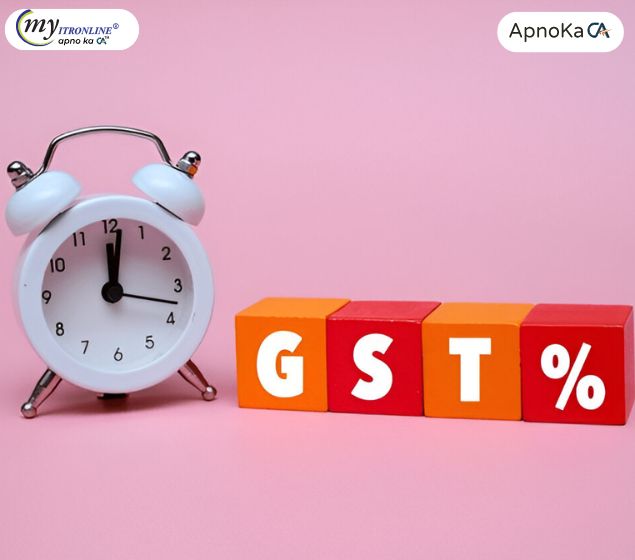# apnokaca
12 posts in `apnokaca` tag

How to Save Tax on Capital Gains: Key Exemptions and Step-by-Step Claim Guide
This blog explains the key exemptions available under India’s capital gains tax laws for FY 2025-26, including the latest updates from Budget 2025. It covers who can claim each exemption, how to utilize the Capital Gain Account Scheme, and the correct process for claiming exemptions in your income tax return.

Which Tax Regime Should You Choose in FY 2025-26? Old vs New Explained
This blog decodes the key differences between the Old and New Income Tax Regimes for FY 2025-26, following the updates in Budget 2025. It covers the latest tax slabs, standard deductions, rebates, and provides practical scenarios to help taxpayers decide which regime is more beneficial based on their income and eligible deductions.

Income Tax Filing 2025-26: CBDT Rolls Out Revised ITR-V and Acknowledgement Forms
The Central Board of Direct Taxes (CBDT) has introduced significant updates to the Income Tax Return Verification Form (ITR-V) and the ITR-Acknowledgement form for Assessment Year 2025-26, effective retroactively from April 1, 2025. These changes, announced under Notification No. 45/2025, are part of the Income-tax (Seventeenth Amendment) Rules, 2025, and are designed to streamline e-filing and verification, enhance security, and promote paperless tax administration. Key features include detailed verification options, improved security, comprehensive return summaries, and a strong emphasis on electronic verification, ensuring a faster, more convenient, and compliant tax filing process for millions of taxpayers.

File TDS/TCS for Free: Get the Newest Official Utility
This blog provides a comprehensive guide on how to download and utilize the latest free Return Preparation Utility (RPU) and File Validation Utility (FVU) offered by Protean eGov Technologies Limited (formerly NSDL e-Gov) for preparing and validating TDS/TCS returns in India. It covers the benefits of using these official tools, the download process, and step-by-step instructions for using both the RPU and FVU to ensure accurate and compliant return filing.

CBDT Notifies ITR Forms 1-7 for AY 2025-26 (FY 2024-25): What Taxpayers Need to Know
The CBDT has notified the ITR forms (1-7) for AY 2025-26, incorporating changes from the Finance Act, 2024. This blog provides a comprehensive overview of the key modifications in each form, focusing on changes in capital gains reporting, eligibility criteria, deduction disclosures, and other compliance requirements to help taxpayers prepare for the upcoming filing season.

GST Refund Process for Deemed Export Buyers: An In-Depth Look with GSTN Updates
This blog post provides an in-depth guide on navigating GST refunds for recipients of deemed exports, drawing insights from recent GSTN advisories. It covers the definition of deemed exports, the importance of GSTN guidance, the step-by-step refund filing process, essential documentation, common challenges, and how to stay updated.

Invoice-wise Reporting Feature in Form GSTR-7: An In-Depth Analysis
This blog post provides a detailed analysis of the newly introduced invoice-wise reporting feature in Form GSTR-7 under GST. It explains the changes, benefits for both deductors and deductees, the current implementation status, and how businesses can prepare for this significant update in TDS reporting.
.jpg)
ITR-1 & ITR-2 Filers: Switch Tax Regimes Without Form 10-IEA
This blog post clarifies that individuals and pensioners filing ITR-1 or ITR-2 (without business or professional income) do not need to file Form 10-IEA to switch between the old and new tax regimes on an annual basis. It explains that the choice can be made directly within the ITR form itself each year, even when opting out of the default new regime (effective AY 2024-25) or switching back to it later. The post contrasts this flexibility with the stricter requirement for those with business income (filing ITR-3/ITR-4) who must use Form 10-IEA to opt out and face limitations on switching back.
.jpg)
CBDT Notifies ITR Form 2 Early for AY 2025-26 | Start Your Tax Prep!
The Central Board of Direct Taxes (CBDT) has notified ITR Form 2 for Assessment Year 2025-26 through Notification No. 43/2025 dated May 5, 2025. This early release benefits individuals and HUFs without business/professional income but potentially having capital gains, foreign assets, multiple house properties, or income over ₹50 lakh (₹50 lakh), allowing more time for preparation. The blog explains who should file ITR-2, highlights the significance of early notification for taxpayers and professionals, discusses potential areas of change (like capital gains reporting), and outlines actionable next steps for taxpayers to begin their FY 2024-25 tax filing preparations.

GST Registration Headaches? CBIC Unveils New Email Grievance Fix!
This blog post details the new email-based grievance redressal mechanism introduced by CBIC via Instruction No. 04/2025-GST (May 2, 2025). It addresses challenges like delays and improper queries during GST registration under Central Jurisdiction. Learn how to file grievances using dedicated Zonal email IDs, the required information (ARN, Jurisdiction, Issue details), handling of state cases, and the accountability via monthly reporting to DGGST.

AY 2025-26 ITR Filing: Understanding New Rules for Tax Reporting & Capital Gains
This blog post details the significant updates in India's Income Tax Return (ITR) forms for Assessment Year 2025-26 (FY 2024-25). It covers the default New Tax Regime and the opt-out process using Form 10-IEA, major changes in capital gains reporting including simplification for small investors (LTCG up to ₹1.25 lakh in ITR-1/4) and bifurcation of Schedule CG (pre/post July 23, 2024). It also explains key tax reporting updates like mandatory TDS section codes, enhanced deduction reporting via dropdowns, new rules for Section 80GG (Form 10BA), increased presumptive tax limits, and the revised threshold for Schedule AL. It concludes with a guide on choosing the correct ITR form and important filing deadlines.

Attention Firms & LLPs: CBDT Releases ITR-5 Form for AY 2025-26 Filing.
The CBDT has released the updated ITR-Form 5 for Assessment Year 2025-26 (applicable to FY 2024-25) via Notification No. 42/2025 dated May 3, 2025. This blog post details who needs to file ITR-5, discusses anticipated key changes aligning with recent amendments and enhanced disclosure norms, outlines implications for taxpayers like Firms and LLPs, and provides actionable steps for compliance.
